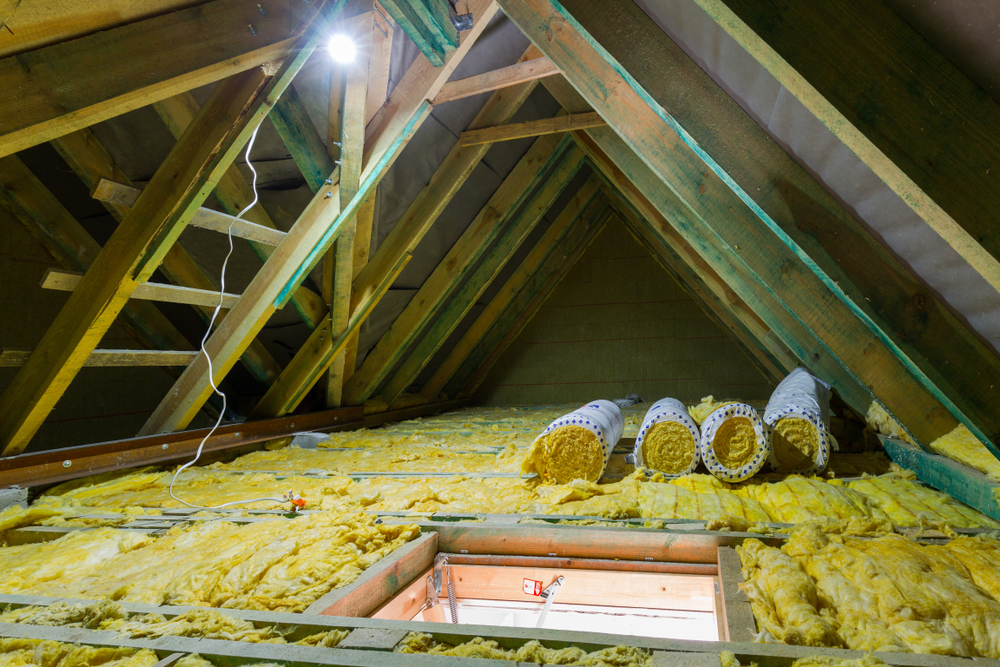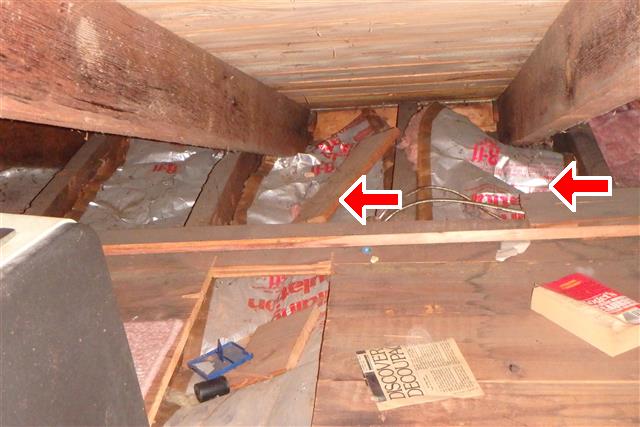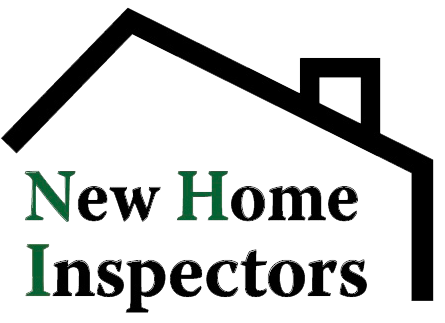
When buying a home on Long Island, it is important to pay attention to the home inspection report. One key area of the report is the section on insulation and ventilation.
After scheduling your home inspection, you may not consider these areas to be super important. Major systems such as electrical and plumbing will likely be at the forefront of your mind. However, insulation and ventilation are vital to the home’s structure and your family’s well-being.
Why Pay Attention to Insulation & Ventilation?
Here on Long Island, we experience the extremes of heat in the summer and cold in the winter. Unlike other places in the country, our seasons in New York take us to the extremes of cold, hot, humidity, and dryness. These elements affect your home, your comfort, and your bank account. Insulation and ventilation are on the front lines of defense.
Insulation keeps your home warm in the winter and cool in the summer, so it’s crucial that it is installed correctly and is in good condition. Ventilation helps keep your home healthy by removing stale air and pollutants from inside. If there are any problems with your insulation or ventilation, it could impact the safety and health of you and your family.
Here’s a list of a few reasons to pay attention to the insulation and ventilation sections of your home inspection report.
1. Cost savings:
Insulation and ventilation improve the efficiency of your home’s HVAC system, which helps reduce your energy bills each month. Insulation and ventilation both play a role in keeping your home’s temperature at a comfortable level without using extra energy. Regularly maintaining these systems will help keep energy costs low over time.
2. Comfort:
Poor insulation or ventilation can make it difficult to keep your home at a comfortable temperature all year round. However, your home inspection report can predict a level of year-round comfort when the insulation and ventilation has been properly maintained.
3. Safety and health:
Insufficiently ventilated homes can be prone to moisture buildup, which increases the risk of mold growth and/or structural damage caused by water buildup. However, when issues with ventilation show up on your inspection report, you can use that information to make fixes that will prevent future mold growth.
4.Improved air quality:
Poor ventilation in a home can cause unhealthy levels of humidity and pollutants, which can lead to health issues such as allergies and asthma. Regularly maintaining insulation and ventilation helps improve the air quality inside your home, providing healthier living conditions for your family and pets.
5. Long-term investment protection:
Paying attention to insulation and ventilation during a home inspection could help you avoid costly repairs down the road. Failure to maintain insulation and ventilation systems can lead to unexpected problems such as water damage, mold growth, and pest infestations. Investing in regular maintenance avoids these unwelcome surprises down the line.
6. Environmental benefit:
Making sure that your home is well-insulated and properly ventilated helps reduce your carbon footprint. By decreasing green house gas emissions from inefficient energy use, you are helping to reduce your impact on the environment.
7. Increased property value:
A well-maintained house will have higher market value than one with poorly maintained insulation or ventilation systems. Investing in proper maintenance now could help you get more money back when it comes time to sell your home in the future. A pre-sale home inspection helps to uncover these issues before you need to renegotiate a home offer.
8. Peace of mind:
Knowing that your home is safe from mold, mildew, pests, and dust, and that the air quality within it is healthy can give you peace of mind. Taking preventive measures now could save you from costly repairs later on.
What Does a Insulation & Ventilation Inspection Include?
For both insulation and ventilation, our home inspection report lists the styles and materials present in the home.
Insulation:
New Home Inspectors observes and reports on the type, depth, and condition of the insulation. The spaces include the attic, roof, exterior walls, basement walls, crawl spaces, and more.
Your home inspection report will note where insulation is not present, damaged, or cannot be seen. Additionally, it will detail any problems. Common problems include signs of animal infestation, damaged insulation, or the vapor barrier is facing the wrong way.

The insulation was installed backwards with the vapor barrier facing away from the heated sections of the house.
Ventilation:
The inspector will check the ventilation of the attic and foundation areas. Additionally, we check the kitchen, bathroom, and laundry venting systems.
Schedule Your New Home Inspection Today!
Following your offer being accepted and prior to the home’s appraisal is the right time to have the home inspected. A home inspection is an integral part of the home buying process and should not be skipped. Insulation and ventilation in a home can make or break your safety, comfort, and bank. When you receive the home’s report, you can decide what needs to be fixed immediately, what can wait, and even what the seller will need to fix for the deal to continue. New Home Inspectors is available for home inspections across Long Island, with most reports available within 24 hours!

